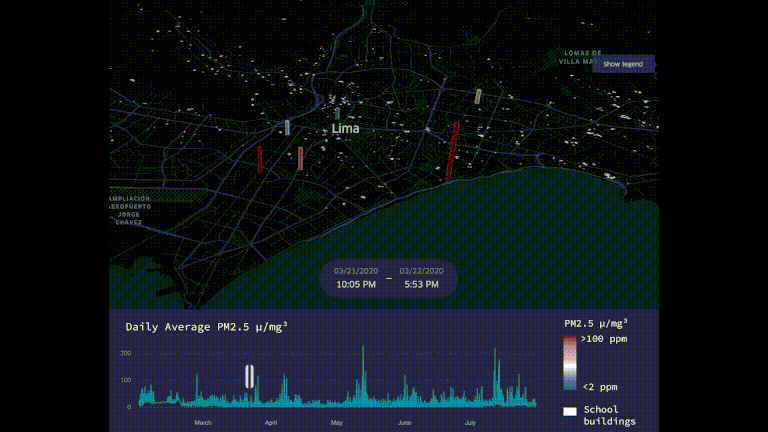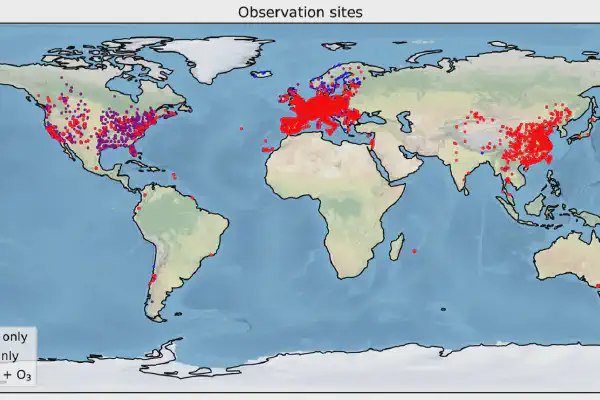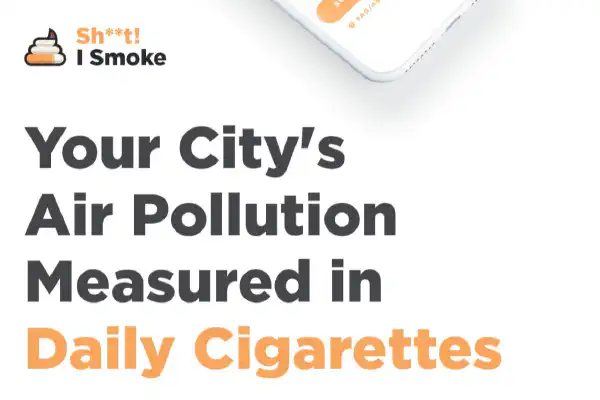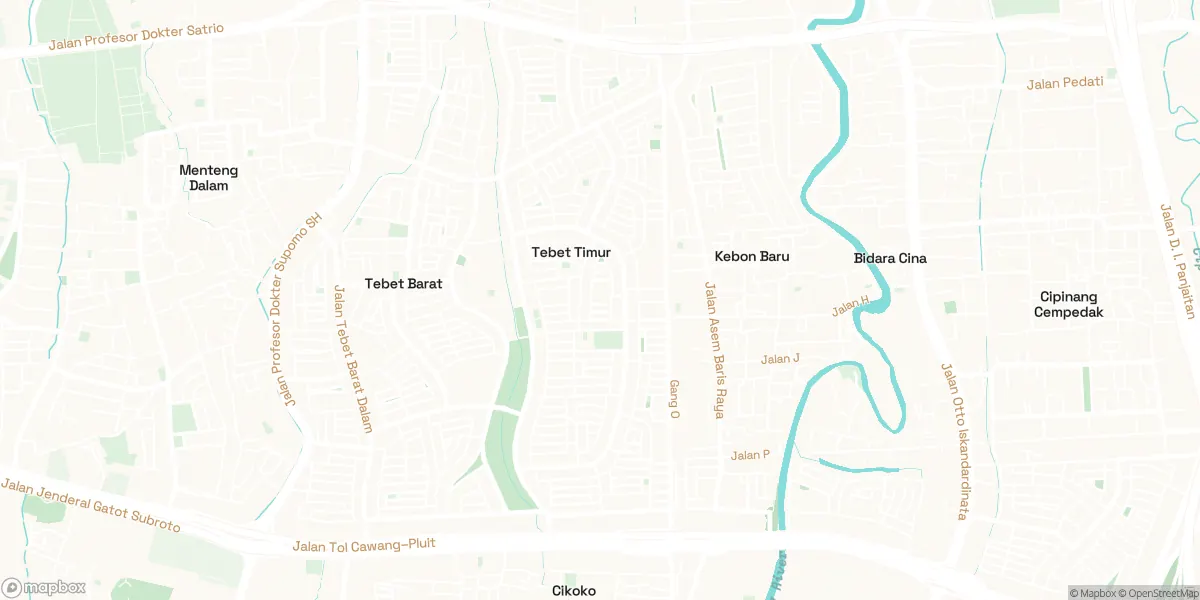AQAI
AQAI is using the OpenAQ platform to develop a machine learning predictive model for air quality showing child population density against regions with pollutant concentrations above WHO-recommended limits.
AQAI is one of nine startups (out of 450 applicants) awarded investment funding from the UNICEF Venture Fund in 2022.
The Problem
Children are particularly susceptible to air pollution’s insidious effects. They breathe more rapidly than adults, taking in more polluted air. Due to having smaller bodies, they are proportionally exposed at higher levels. Their developing organs are more vulnerable to pollution. And due to their height, they are face level with pollutants that settle lower in the air and pollutants, such as vehicle exhaust, emitted close to the ground.
The Solution
Christina Last and Prithviraj Pramanik met working on air quality data for UNICEF, the UN agency responsible for providing humanitarian and developmental aid to children worldwide. Recognizing that they could apply data science to support children’s health, Prithviraj and Christina founded AQAI (based in India) to evaluate exposure to particulate matter in places where there is a low density of air quality sensors. The tool leverages artificial intelligence and machine learning, fusing together real-time satellite imagery and ground-based sensing to replace stale air quality data being used in health impact assessments. AQAI is working alongside UNICEF Belize and is exploring opportunities with UNICEF Mongolia to model pollution exposure for children and schools.

Exploring air pollution exposure for children in Lima, Peru using the AQAI dashboard. Image courtesy of AQAI.
How OpenAQ Helped
According to Christina, “OpenAQ’s data aggregation platform has made our work possible. We ingest historic and real-time information from OpenAQ globally, allowing us to predict local pollution concentrations to inform our work with UNICEF country offices.” Prithviraj points out the harmonization and ease of data acquisition from OpenAQ via the API, which gave them the ability to focus more on downstream tasks rather than the tedium of looking for these data themselves. “Structured air quality data is hard to acquire from global agencies that follow diverse API structures for querying. When we initially started the exploratory data analysis, OpenAQ simplified the data acquisition from federal regulatory monitors.”
For More Information
- Read the long-version blog: UNICEF Venture Fund-backed Startup Building Global Air Pollution Model to Map Children’s Exposure to Air Pollution
- Listen to the Turing Podcast: Data Science for Social Good: Predicting air pollution in a post-COVID world? featuring Christina Last, Prithviraj Pramanik and Dr. Subhabrata Majumdar


